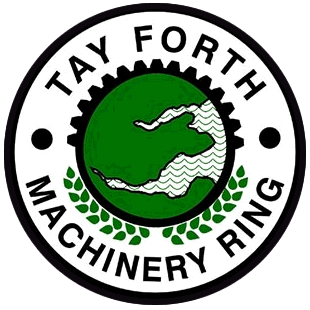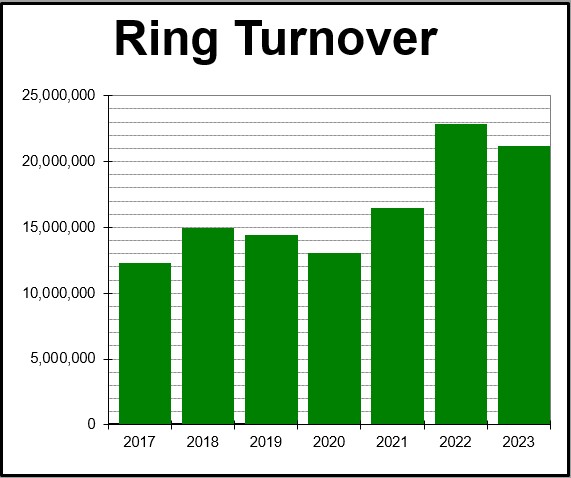Machinery Rings were set up to match a shortage of machinery and labour capacity on some farms with a surplus on other farms. For a Supplier, this form of ‘Contracting’ reduces the major costs of machinery ownership – interest and depreciation – on a per acre or per hour basis.
Conversely the Demander does not need to own the entire range of machinery required on his farm, thereby reducing his fixed costs. Most members are Suppliers of some operations and Demanders of others, allowing them to more fully utilize the machinery they own.
Expansion into commodities such as fuel, building & fencing supplies have allowed members to benefit from being able to source inputs through the Ring at highly competitive prices as we have used the buying power of over 1,000 members to negotiate discounts not available to individual members. This avoids the member needing to open an account with a concrete company for example to get one off concrete.
Farmers, contractors, self-employed labour and companies supplying the agricultural industry are all eligible to join the Ring. There are nine Machinery Rings in Scotland with approximately 10,000 members between them and a combined turnover of over £90m per annum.




